Check out our timely new publication: 'Repeated Hurricanes Reveal Risks and Opportunities for Social-Ecological Resilience to Flooding and Water Quality Problems', which has just been published in Environmental Science & Technology today with open access!
|
June 1st is the official start for the hurricane season. This year's first named tropical storm 'Arthur' dumped over 18 inches of rain in some parts of North Carolina in May, closely followed by Bertha last week.
Check out our timely new publication: 'Repeated Hurricanes Reveal Risks and Opportunities for Social-Ecological Resilience to Flooding and Water Quality Problems', which has just been published in Environmental Science & Technology today with open access!
0 Comments
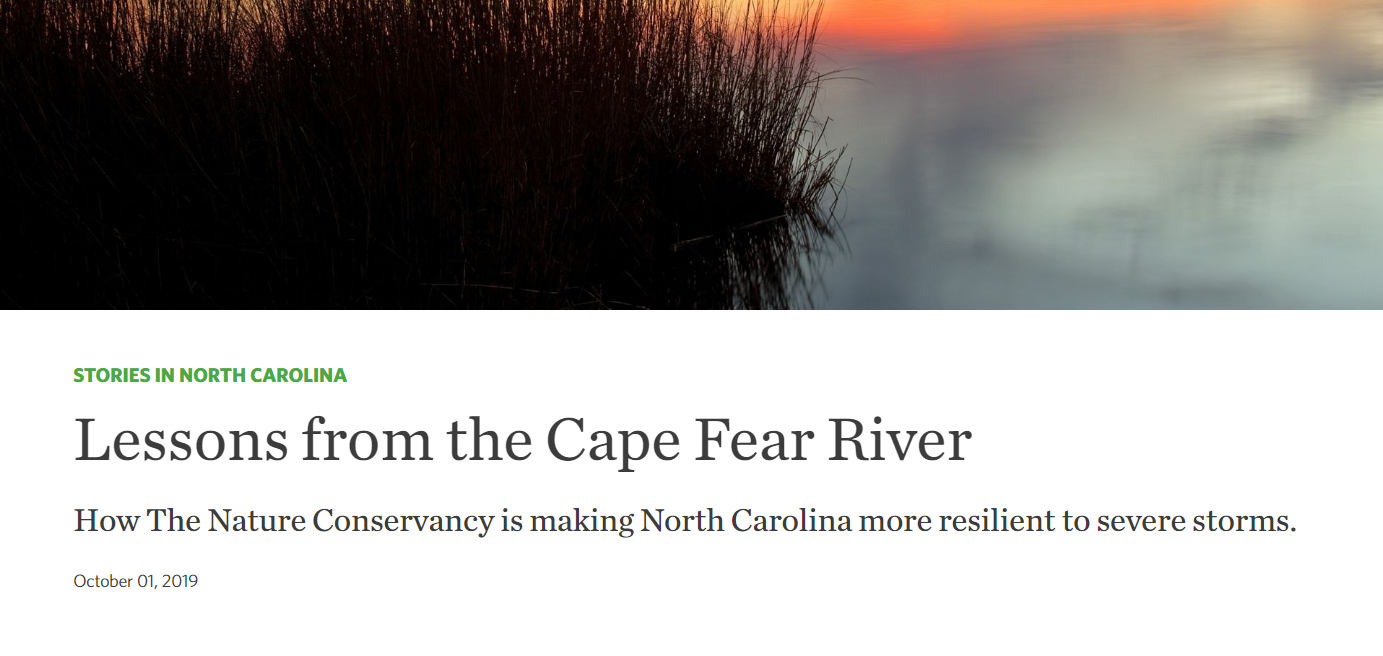 I am belatedly sharing this nice write-up by The Nature Conservancy, which features some of the work I am doing with the North Carolina Chapter's Water Program.
I am honored to have been featured in a piece celebrating Women in STEM. Sean Rowe at the Nicholas School of the Environment at Duke did a fantastic job profiling some amazing women doing great work! I was invited to present a talk at the Graduate Hydrosystems Seminar at Arizona State University hosted by Enrique Vivoni and Rebecca Muenich, one of my NatureNet project mentors.
ASU's commitment to provide access for all to a high quality education at an R1 institution is admirable. I'm impressed by the faculty, staff and students whom I have had the pleasure to interact with during my stay. A major component of this first trip to ASU has been centered around learning to use the Soil and Water Assessment Tool (SWAT) model working with Dr. Muenich. We will be collaborating with USGS to develop a SWAT model to examine ways to improve water quality and reduce flooding in the Cape Fear River Watershed as part of our research. It's exciting to get some of this work off the ground!
NC Museum of Natural Sciences Bird Banding featured on Mike Rowe's "Somebody's Gotta Do It"11/2/2018
A TV crew came out >3 years ago to to film the bird banding operation at Prairie Ridge Ecostation and to see how specimen preparation is done by the experts at the North Carolina Museum of Natural Sciences here in Raleigh, NC.
The episode featuring our fearless leader John Gerwin and the rest of the team finally aired after all this time! 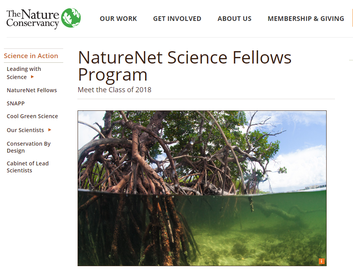 I was recently selected for one of six Nature Net Science Fellowships, which aim to apply research to solve real-world problems in agriculture, freshwater, energy, tech and climate. In collaboration with mentors at Arizona State University and The Nature Conservancy North Carolina, I will embark on two years of postdoctoral research to investigate nutrient pollution risk from intensified agriculture under elevated flooding and hurricanes. I look forward to meeting the entire NatureNet Class of 2018 at our orientation in October! I am honored to have been recognized for exceptional teaching for a special topics course on Lidar Remote Sensing, which I co-developed and co-taught with Dr. Amanda Schwantes in Spring 2018. Along with 26 other instructors at the Nicholas School of the Environment, I received a rating of at least 4.5 on a scale of 1 to 5 in student course evaluations. It is impressive that so many instructors in our department have been recognized for teaching excellence in addition to the high-caliber research that they produce!
NASA has enabled permanent open access to our paper 'Three decades of Landsat-derived spring surface water dynamics in an agricultural wetland mosaic; implications for migratory shorebirds'. This new platform makes NASA-funded publications available completely FREE of charge!
|
AuthorDanica Schaffer-Smith Archives
June 2020
Categories |
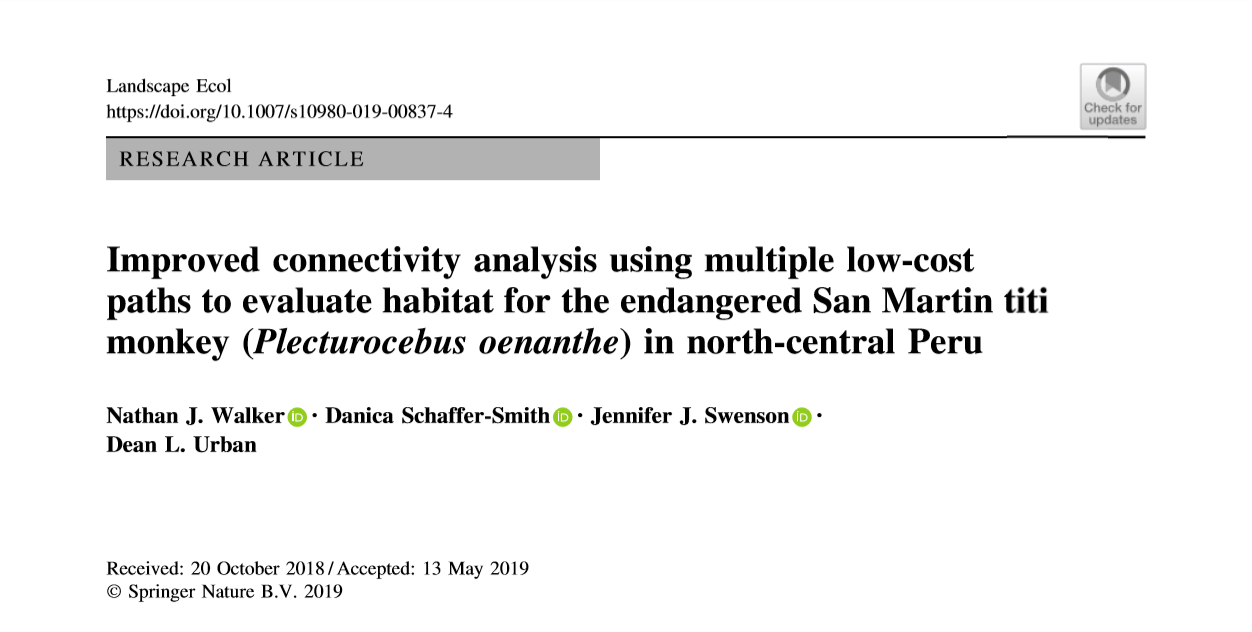
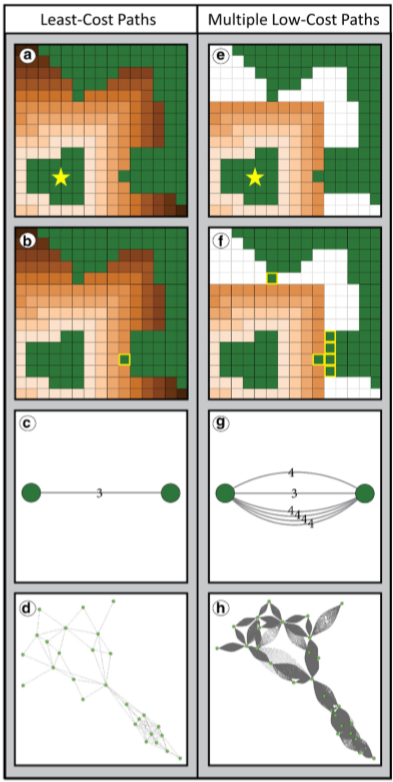
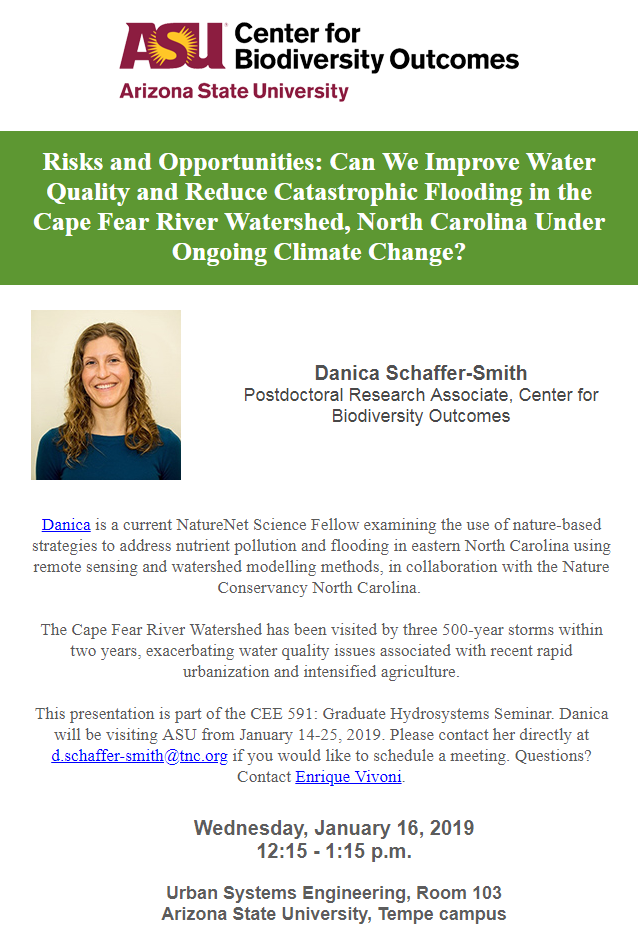
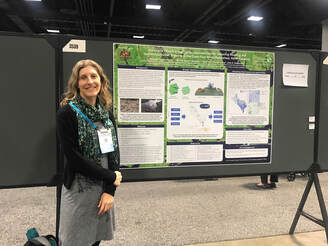
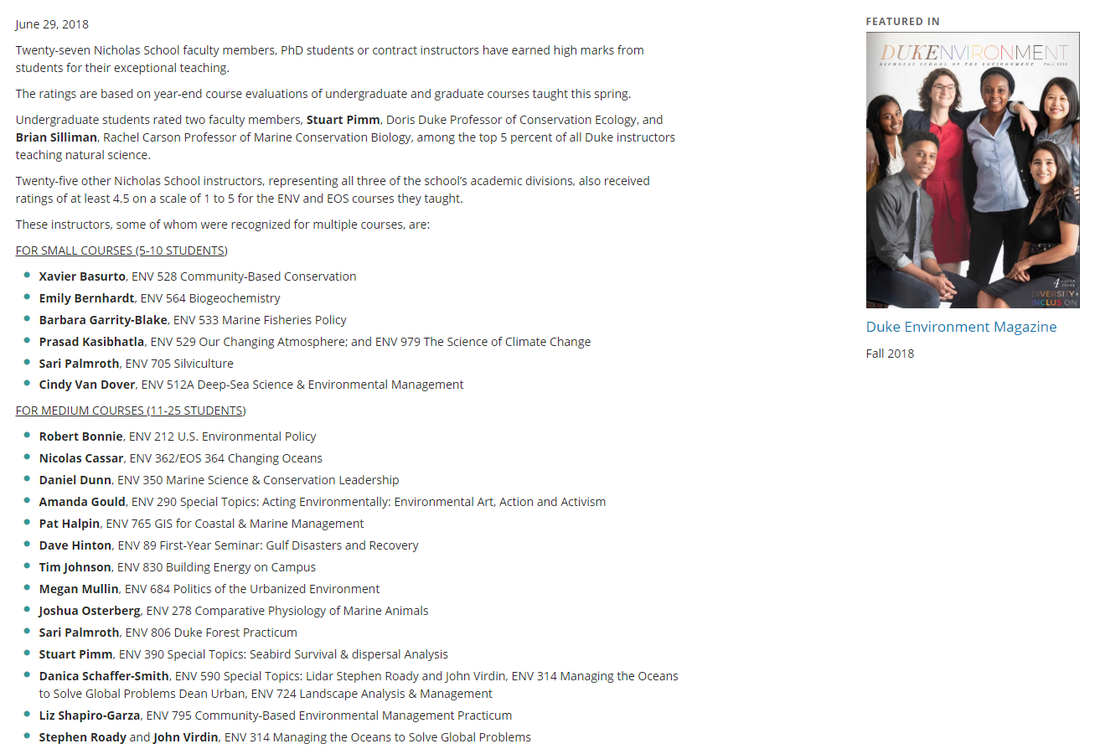
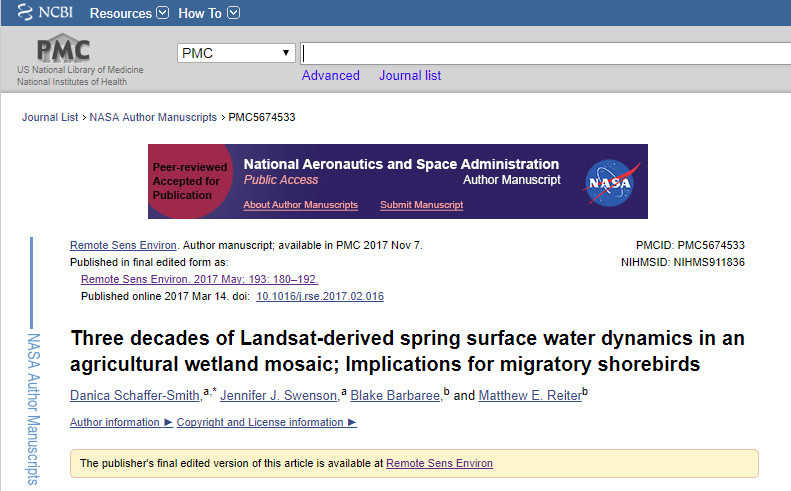
 RSS Feed
RSS Feed
